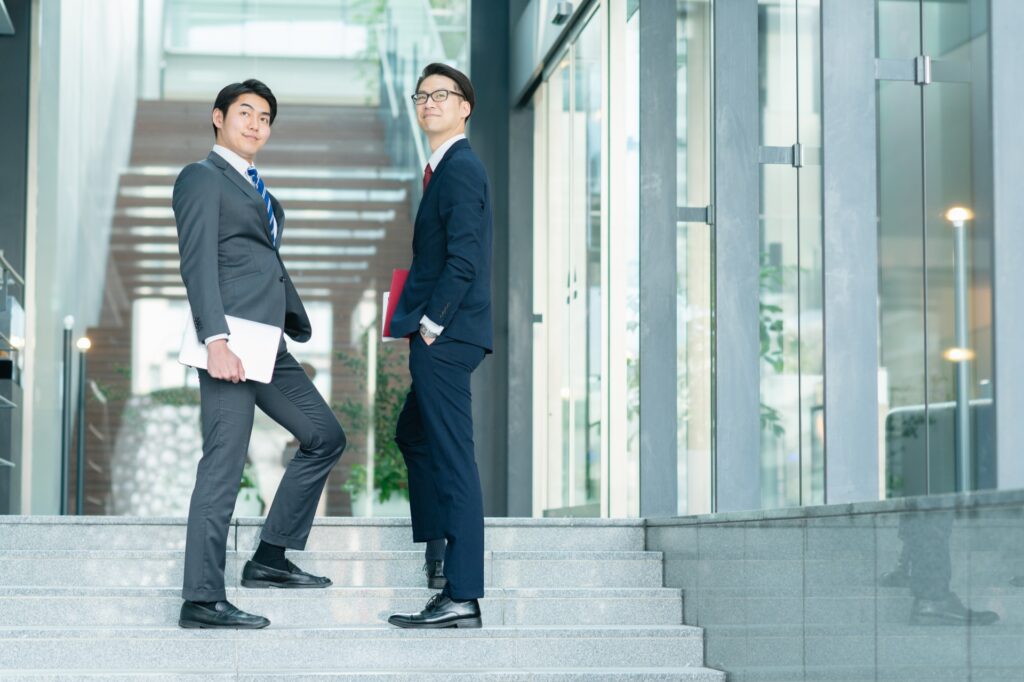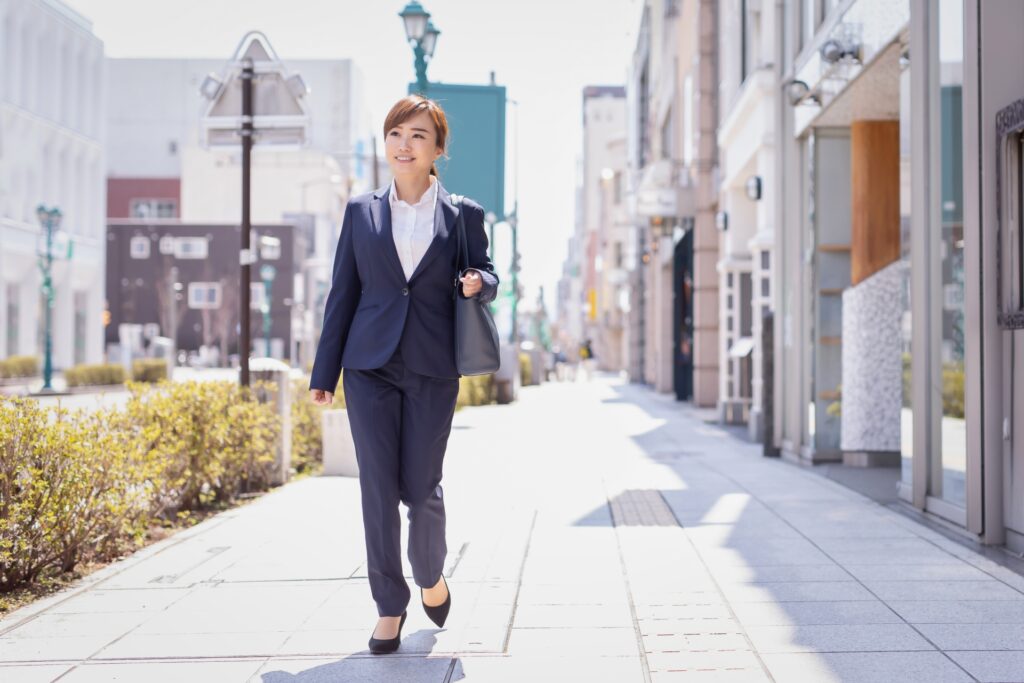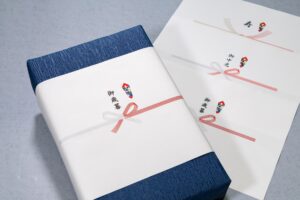Understanding how to dress appropriately in Japan’s professional environment is crucial for making a strong first impression and building respectful business relationships. Whether you’re relocating, attending meetings, or preparing for a job interview, this guide will help you navigate the Japanese business dress code with confidence and cultural awareness.
Understanding the Importance of Dress Code in Japanese Business Culture
In Japan’s business environment, appearance is more than just personal style—it is a form of non-verbal communication that reflects values such as respect, discipline, and cultural harmony. Rooted in a collectivist culture, Japanese workplaces prioritize conformity and modesty. Wearing the appropriate attire signals that one understands and respects these unspoken societal expectations. Cleanliness and neat presentation are viewed as essential aspects of professionalism, demonstrating reliability and attention to detail.
Hierarchy also plays a significant role. Junior employees are expected to dress conservatively, while senior staff may subtly reflect their rank through quality tailoring or accessories. Unlike in some Western contexts where individual flair is appreciated, Japanese companies value fitting in with the group. Failing to adhere to dress norms can unintentionally signal disrespect or lack of awareness, making proper attire critical for foreign professionals aiming to establish credibility and trust.


Standard Business Attire for Men in Japan

Men working in Japanese business settings are expected to wear dark-colored suits—navy, charcoal gray, or black are considered the standard. The style should be classic and well-tailored, avoiding trends or flashy cuts. A white or light-blue dress shirt is the safest choice, and it must be wrinkle-free and crisp.
Ties should be conservative—stripes or small patterns in subdued colors are most appropriate. That said, slightly brighter or patterned neckties are acceptable if they do not draw excessive attention. Accessories like tie pins or cufflinks should be minimal and understated. A leather belt and a matching pair of black or dark brown shoes complete the look.
Grooming is non-negotiable. Hair should be neat, facial hair trimmed or clean-shaven, and nails clean and short. Using strong cologne is discouraged; a neutral or scent-free appearance is ideal. Cleanliness and attention to detail are taken as signs of self-respect and by extension, respect for others.
Footwear and Socks: Details That Matter
Shoes should be clean, polished, and in good condition—leather lace-up oxfords are preferred. Socks must be dark and extend above the ankle to avoid exposing skin when seated. Patterned or brightly colored socks are considered unprofessional in most traditional workplaces.
Another important cultural detail: in some Japanese offices or during client visits, you may be required to remove your shoes upon entry. Wearing socks without holes and in proper condition becomes even more essential in these settings. It’s a small detail, but it carries significant weight in Japanese culture.
Business Dress Code for Women in Japan

For women, the standard business attire includes skirt suits or pant suits in neutral tones such as black, gray, or navy. Modesty is key—skirts should reach the knee or below, and blouses should avoid showing cleavage. Loud colors and bold patterns are usually avoided in favor of simple, elegant designs.
Jewelry should be minimal and tasteful, and makeup should enhance rather than stand out. Natural-looking, clean makeup is preferred, avoiding heavy eyeliner or bright lip colors. Grooming is equally important: neatly styled hair is essential, and it’s advisable to tie hair back to prevent it from covering the face during bowing—a gesture that holds cultural significance in Japanese business etiquette.
Footwear typically consists of low-heeled pumps or flat shoes that are both practical and professional. Overly high heels or casual shoes such as sneakers are generally frowned upon in formal environments.
Cultural Expectations and Gender Norms
Traditional expectations for women in Japan often emphasize femininity, modesty, and tidiness. While some of these norms are gradually shifting—particularly in urban and international companies—the pressure to conform remains strong in more conservative workplaces.
That said, there is increasing flexibility in attire among younger professionals and within global companies. While pant suits have become more common, the emphasis on a polished and reserved appearance remains a constant. Navigating these norms with cultural sensitivity can help foreign professionals build rapport and credibility.
Seasonal Adaptations: Cool Biz and Warm Biz
Japan’s government introduced “Cool Biz” and “Warm Biz” campaigns to promote energy conservation, and these initiatives have influenced business dress codes, especially in public and large corporate sectors.
During the summer (Cool Biz), it’s acceptable in many offices to forgo the jacket and tie. Short-sleeved shirts made of breathable materials like cotton or linen are common, provided they maintain a clean and professional look. Still, T-shirts, polo shirts, or jeans are rarely appropriate in business settings, even under Cool Biz.
In winter (Warm Biz), employees are encouraged to layer up—wearing thermals under their suits or opting for wool suits and turtlenecks under jackets. Despite the added layers, maintaining a tidy and professional appearance is still expected. Down jackets, scarves, and gloves are acceptable for commuting but should be removed promptly upon entering the office.
What to Wear During Japan’s Humid Summers
Japan’s summers are notoriously humid, making light, breathable fabrics crucial. Opt for shirts in lighter colors to stay cool, but avoid any overly casual elements like rolled-up sleeves or open collars unless clearly acceptable in your office culture. Avoid strong cologne or perfume, as scents become more pronounced in the heat and can be off-putting.
Despite the heat, Japanese offices often remain conservative, so resist the temptation to dress too casually. Carrying a handkerchief or small towel for perspiration is common and considered a polite gesture of self-care.
Business Casual in Japan: When and Where It’s Acceptable
While business casual is gaining traction in Japan, its definition is narrower than in many Western countries. Business casual generally means no tie and possibly no jacket, but still includes dress slacks, a button-up shirt, and leather shoes. For women, it may involve a blouse and a skirt or dress pants, with modest accessories and professional grooming.
Industries such as IT, advertising, and startups may allow more flexibility, especially in larger cities like Tokyo or Osaka. However, applying Western business casual standards—such as jeans, polo shirts, or open-toe shoes—can lead to unintended faux pas.
When in doubt, observe your colleagues or ask HR for guidance. Erring on the side of formality is usually the safest choice when starting out.
Business Dress Code Variations Across Industries

Not all companies in Japan follow the same level of formality. While banks, law firms, and government agencies expect traditional business suits, industries such as technology, education, and creative sectors often adopt a more relaxed dress code.
Startups and foreign-owned companies may permit jeans or casual shoes, especially if the company has international leadership. However, even in these environments, cleanliness and a neat appearance remain vital. Teaching professionals, particularly in eikaiwa (English conversation schools), are usually expected to wear business casual unless specified otherwise.
Understanding a company’s culture is key. When starting a new job or attending a meeting, dressing formally and scaling down based on observed norms is a safe and respectful approach.
Online Meeting Etiquette: Dressing for Remote Work in Japan
Even in virtual meetings, appearance still matters in Japan. While full suits may not be necessary, business-appropriate attire from the waist up—such as a collared shirt or blouse—is expected. Avoid casual wear like hoodies or T-shirts, even if you’re working from home.
Pay attention to your background; choose a clean, neutral setting free from distractions. Good lighting and proper posture also contribute to a professional image. While it may be tempting to wear pajamas below the camera frame, dressing properly helps mentally transition into work mode and shows respect to colleagues.

Common Dress Code Mistakes to Avoid in Japan
Certain fashion choices can signal poor judgment or lack of cultural awareness. These include:
- Flashy suits or loud patterns
- Bright or neon colors
- Excessive perfume or cologne
- Visible tattoos (often associated with criminal organizations)
- Casual items like jeans, sandals, or athletic wear
Foreign professionals may also overlook subtle cues, such as removing hats indoors or avoiding short sleeves in formal settings. Paying attention to how locals dress, especially senior staff, is a reliable guide.
Grooming and Hygiene Expectations
Japanese workplaces place high value on personal grooming. Hair should be tidy, and nails must be clean and trimmed. Strong body odor or overpowering scents are frowned upon, and personal cleanliness is considered a reflection of one’s respect for coworkers.
This attention to detail extends to accessories—bags should be clean and organized, and outerwear should be removed when entering the office. In short, any sign of neglect in grooming can impact professional credibility.
Emerging Dress Code Topics: Inclusion and Diversity in Japanese Workplaces
While Japan remains relatively conservative in terms of gender expression and identity, there is growing awareness about the needs of LGBTQ+ and non-binary professionals. Some global companies operating in Japan have begun adopting inclusive dress codes that allow for gender-neutral attire or self-expression within professional bounds.
However, progress is gradual, and traditional expectations still dominate in many local firms. LGBTQ+ professionals may find support through online communities or international HR networks that promote diversity and inclusion in the workplace.
Where to Buy Business Attire in Japan
Several retailers in Japan offer high-quality business attire, often with services tailored to foreign residents. Recommended stores include:
- Aoyama Tailor: Offers a wide range of suits and accessories with good quality and reasonable prices.
- Suit Select: Stylish yet professional options, including affordable custom tailoring.
- Uniqlo: Ideal for basics like shirts, slacks, and blouses with simple, clean designs.
Many of these shops provide alteration services, and larger branches often have English-speaking staff. Prices range from around $100–$300 USD for off-the-rack suits, with tailored options costing more.
Article Summary
Dressing appropriately in Japan’s business world is not just about fashion—it’s a reflection of cultural understanding and respect. From conservative suit styles and grooming standards to gender-specific expectations and seasonal adaptations like Cool Biz and Warm Biz, the Japanese business dress code is nuanced and detail-oriented.
Professionals should be mindful of their industry’s norms, dress slightly more formally when uncertain, and always prioritize cleanliness and modesty. With increasing global influence, some flexibility is emerging, especially in urban and international companies. Attention to these details not only prevents faux pas but also lays the foundation for strong, respectful business relationships in Japan.











